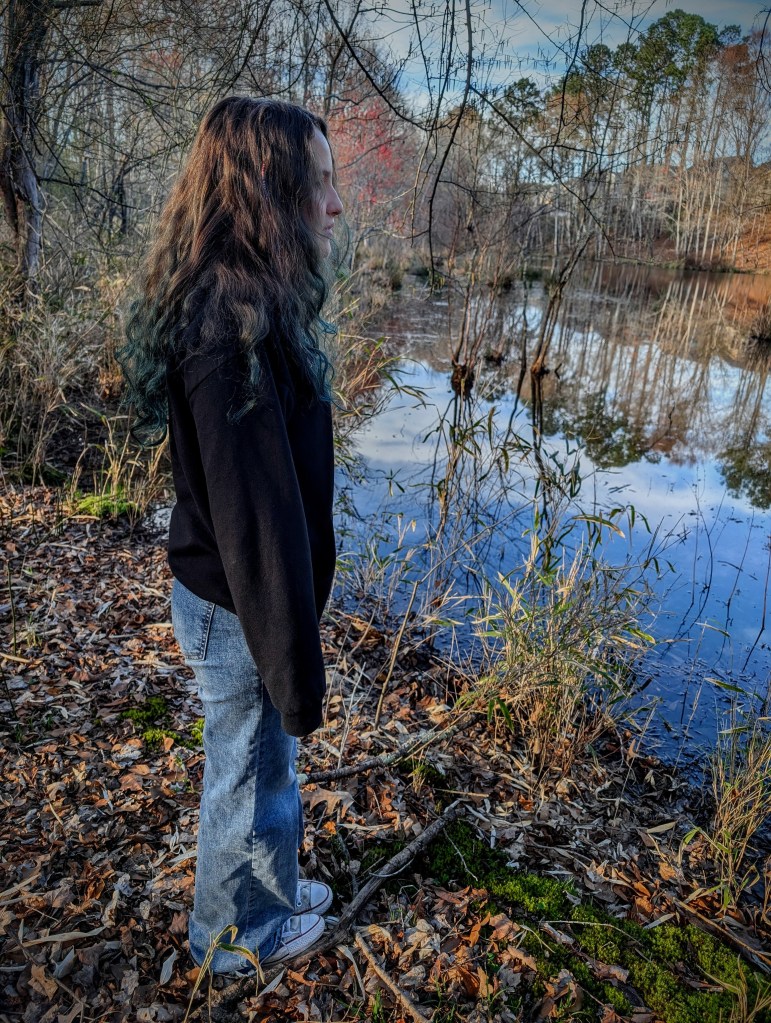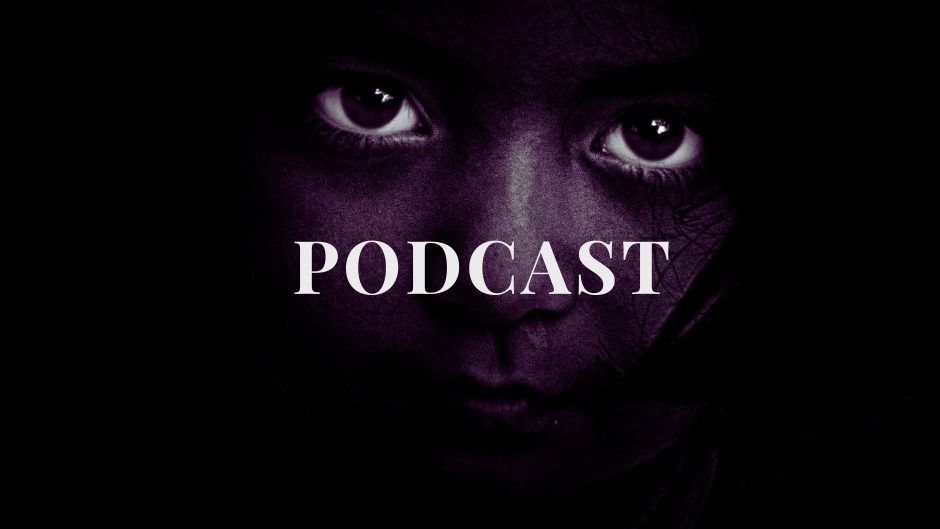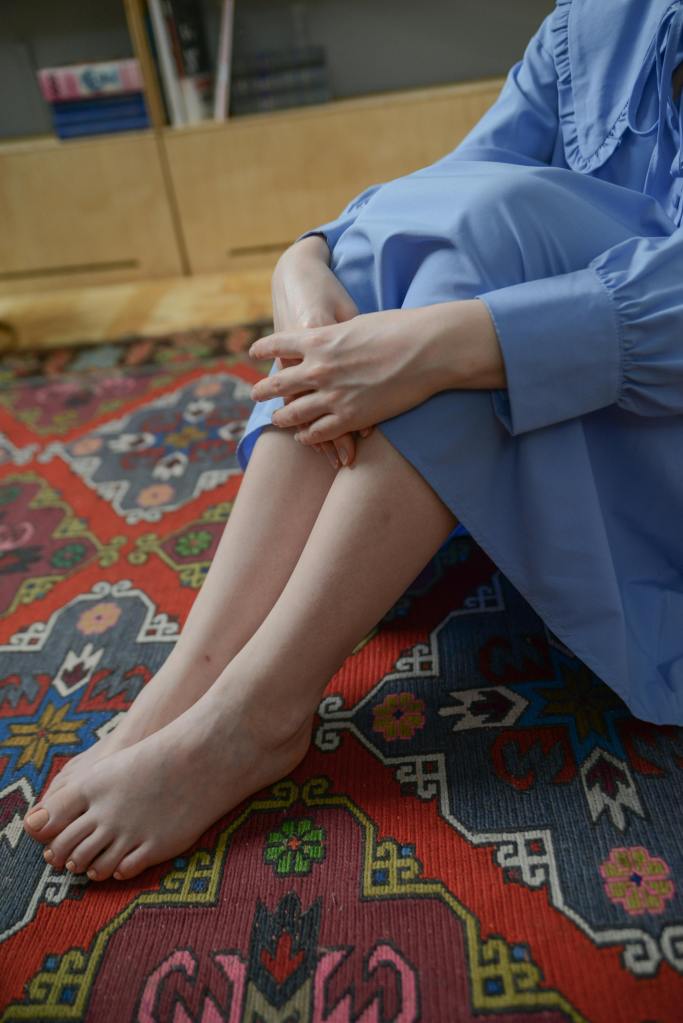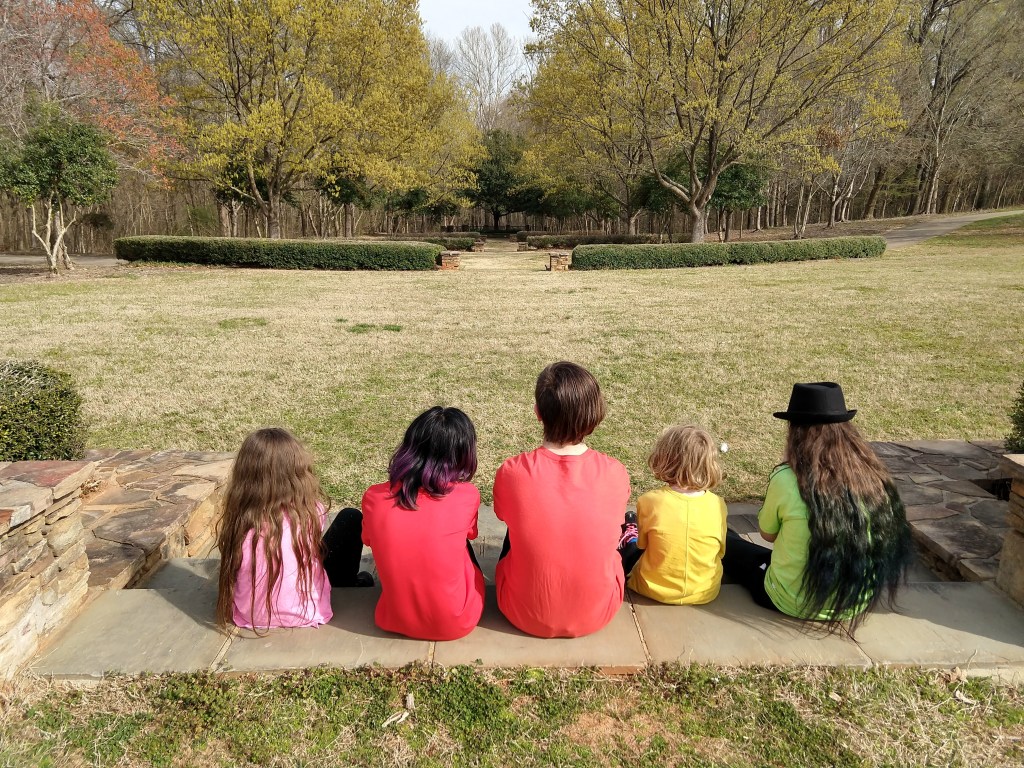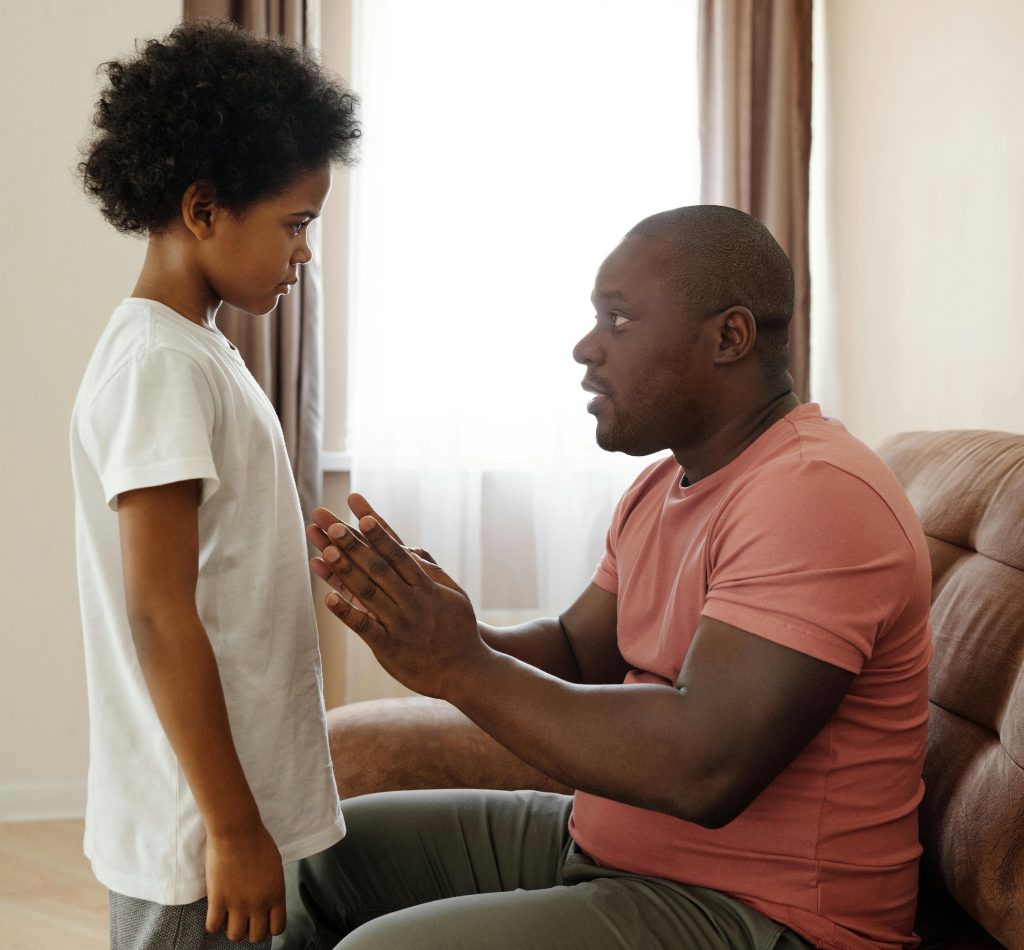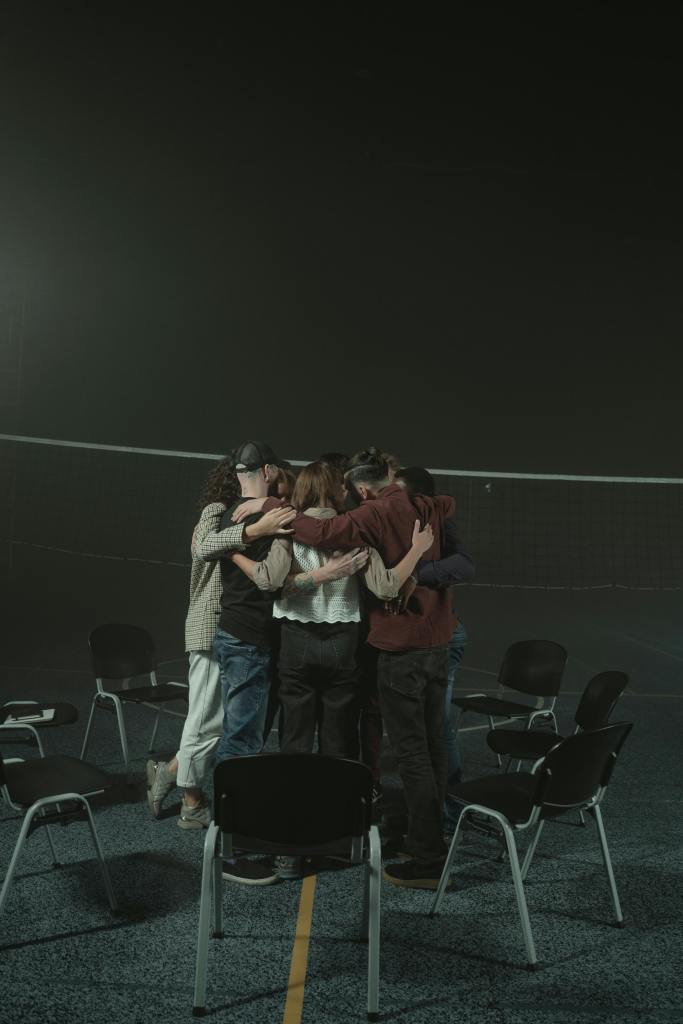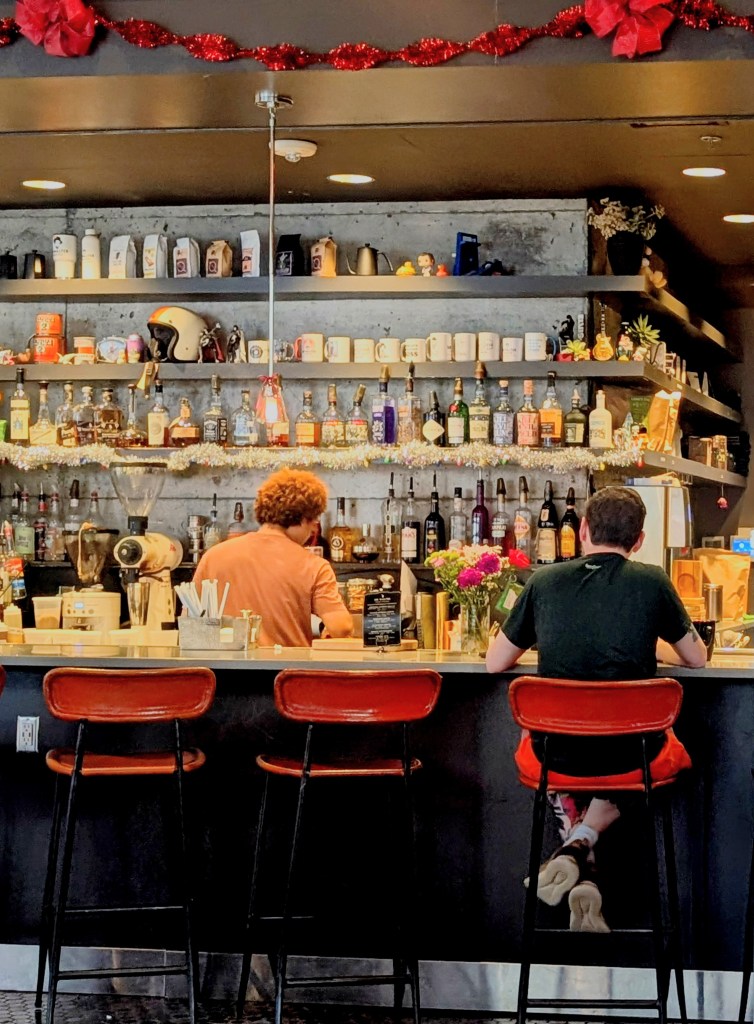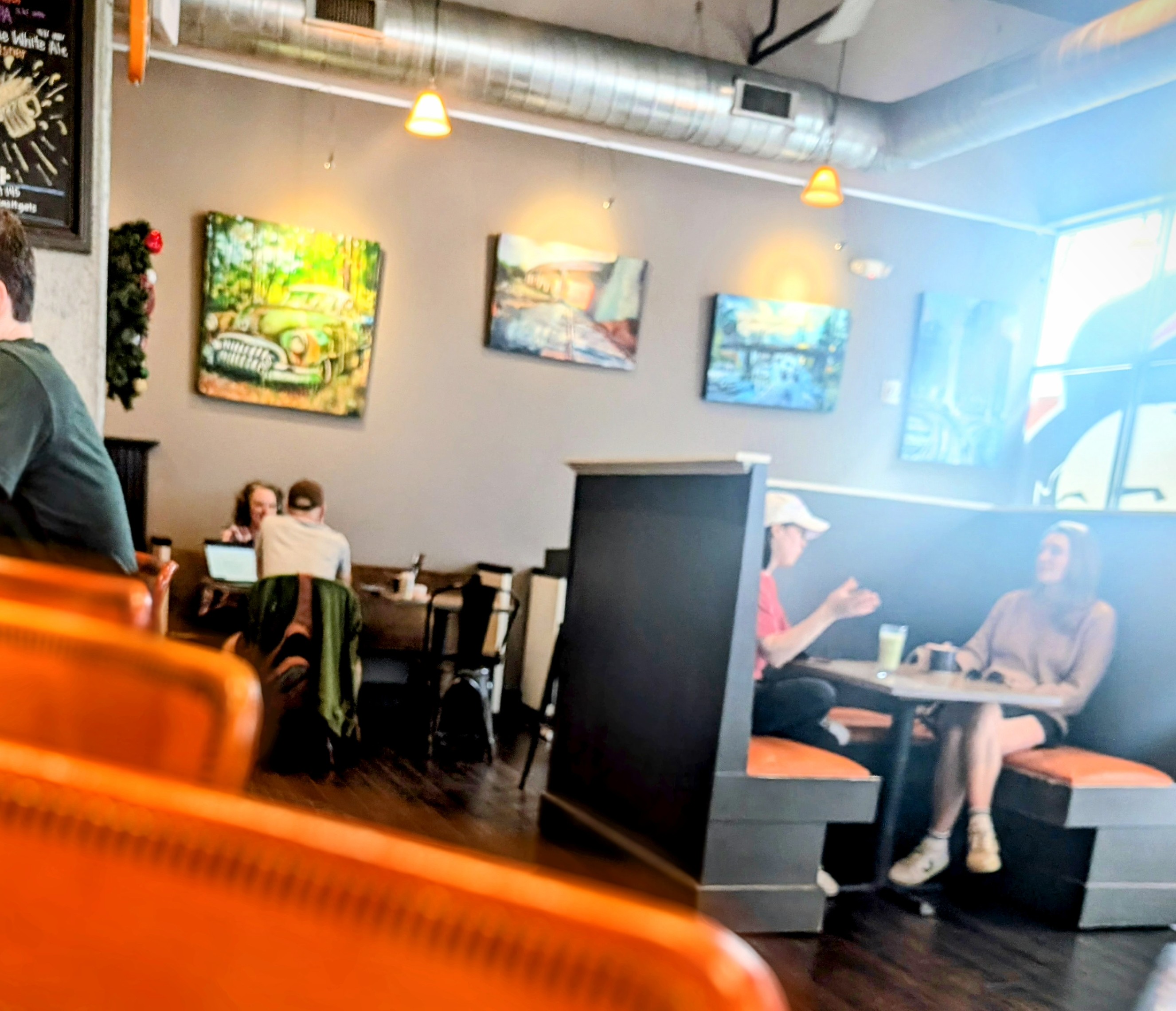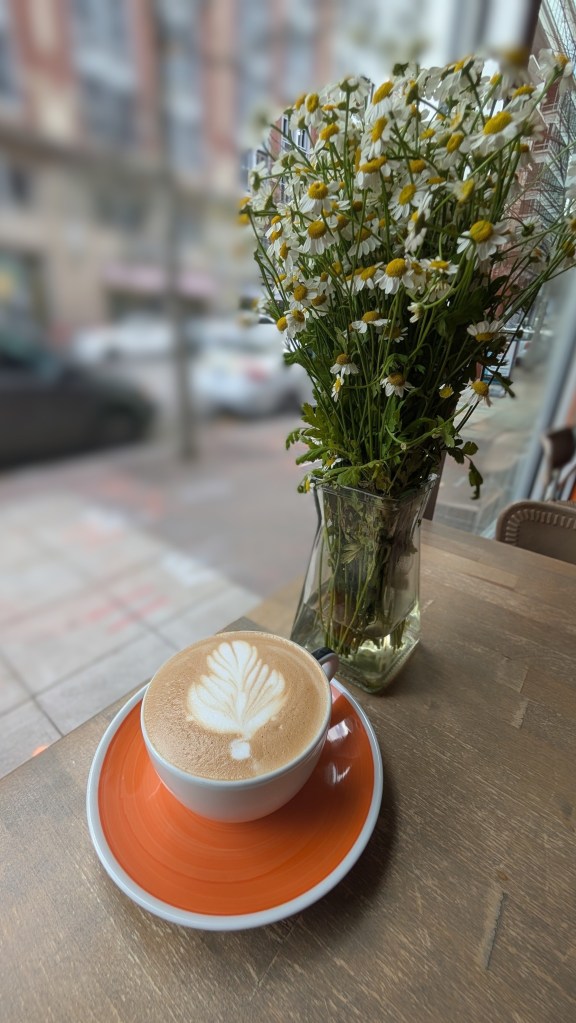The Voices in My Head
I look back with a bit of embarrassment at the snapshot in my head of the time when I sat on my living room carpet in a patch of sunlight as a teen and listened to my mother’s religious psychology radio show. At that time, I heard heart-warming stories of loving families with children who…
